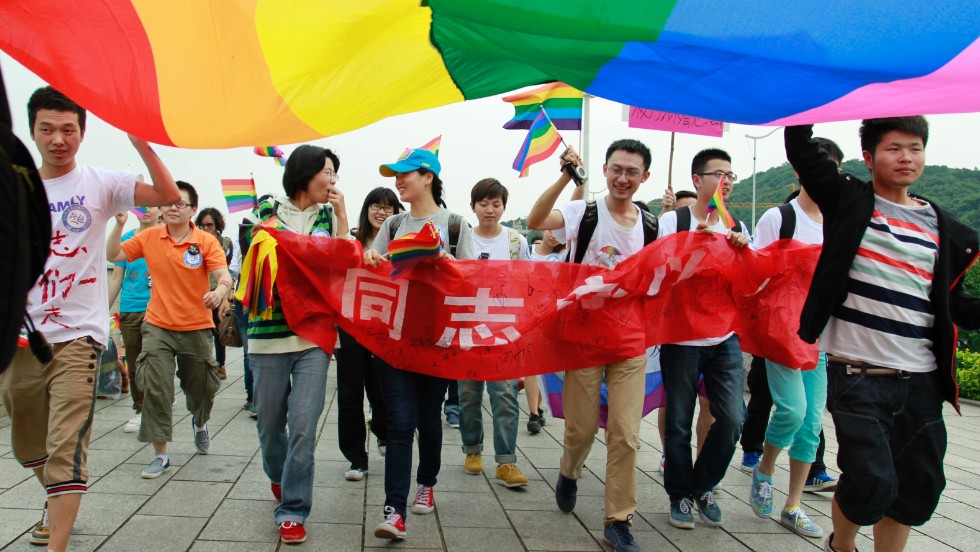By Yifan Wang

China released a new regulation Friday banning any display of “abnormal sexual behaviors” — including homosexuality — in online video and audio content.
The regulation, published by the China Netcasting Services Association (CNSA), lays out strict censorship rules for online content ranging from movies and documentaries to cartoons and educational videos, according to Reuters.
Under the new rules, content will be edited or even banned if it promotes “luxurious lifestyles,” shows “violent and criminal processes in detail,” demonstrates “obscenity” including masturbation or displays “abnormal sexual behaviors" such as homosexuality.
The regulation is seen as another step of Chinese authorities’ efforts to tighten its control over online media.
Just last week, Weibo, China’s top micro-blogging site, vowed to block unlicensed videos after warnings from the government, causing its stock to plunge.
The new rules quickly sparked heated debates and oppositions on Chinese social media.
Li Yinhe, China’s leading scholar and advocate of free sexuality, said in a Weibo post that under these regulations, “all audio-visual art will be revoked.”
“Trying to regulate and censor people’s desires is as absurd as trying to regulate and censor people’s appetites.”
Geng Le, the creator of Blued, one of China’s most popular gay dating apps, and a grand marshal at this year’s NYC Pride Parade, also disagreed with the rules.
He pointed to the fact that China has removed homosexuality as a mental illnesses in 2001, and that the World Health Organization had done so in as early as 1990.
“Gay Voice,” a Chinese-language LGBT non-profit magazine, said on social media that homosexuality is just as normal and should not be treated differently.
“The false information in these regulations has already caused harm to the Chinese LGBT community — who are already subjected to prejudice and discrimination.”
Aucun commentaire:
Enregistrer un commentaire